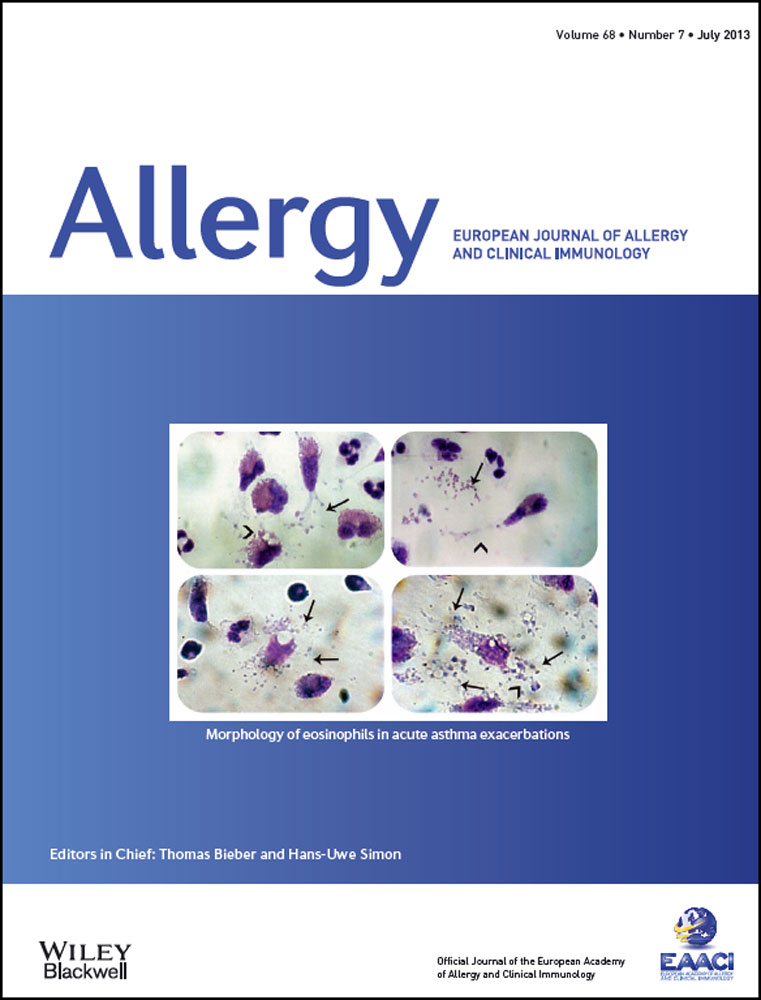Retinoic acids up-regulate functional eosinophil-driving receptor CCR3
Abstract
Eotaxins and their receptor CCR3 have a definitive role for tissue accumulation of eosinophils both under homeostatic and pathologic conditions. However, physiological stimuli that can up-regulate CCR3 in blood-derived human eosinophils have not been recognized. As a prior gene microarray study revealed up-regulation of CCR3 in eosinophils stimulated with retinoic acids (RAs), the expression of functional CCR3 was examined. We found that 9-cis RA and all-trans RA (ATRA) significantly induced surface CCR3 expression regardless of the presence of IL-3 or IL-5. Pharmacological manipulations with receptor-specific agonists and antagonists indicated that retinoic acid receptor-α activation is critical for CCR3 up-regulation. RA-induced CCR3 was associated with its functional capacity, in terms of the calcium mobilization and chemotactic response to eotaxin-1 (CCL11). Our study suggests an important role of vitamin A derivatives in the tissue accumulation of eosinophils.




